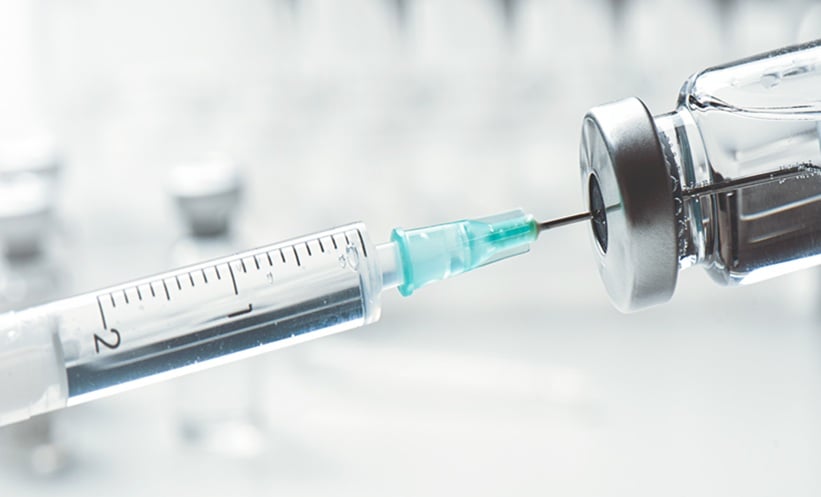IMMUNOTHERAPY has emerged as a promising strategy in cancer treatment, showing significant advancements compared to traditional therapies. Despite progress, current immunotherapies remain limited in their effectiveness across different cancer types and stages. The key to successful cancer immunotherapy lies in the induction of the cancer immunity cycle, wherein the destruction of cancer cells triggers a robust immune response. However, tumours develop mechanisms to evade immunosurveillance, such as suppressing antigen presentation and creating an immunosuppressive tumour microenvironment (TME), leading to therapy resistance or tumour recurrence.
To counteract these challenges, novel strategies aim to restore the cancer immunity cycle. One approach involves directly injecting unadjuvanted influenza vaccines or drug-loaded oncolytic viruses into tumours to convert a ‘cold’ TME into a ‘hot’ one, enhancing immune response. Other strategies include introducing engineered bacteria or foreign antigens into tumours, making them more recognisable to the immune system. This method, demonstrated in intratumoural gene transfer studies, promotes antigen spreading and robust T cell responses against tumours.
A groundbreaking study investigated repurposing the COVID-19 mRNA vaccine, BNT162b2, for cancer treatment. By leveraging the existing immune memory against the SARS-CoV-2 spike protein, researchers injected antigen-encoding mRNA-lipid nanoparticles directly into tumours. This strategy rapidly activated immune cells, converted the immunosuppressive TME into a pro-inflammatory environment, and initiated a strong anti-tumour response. In preclinical studies, BNT162b2 intratumoural injections in mice led to tumour regression, prolonged survival, and reduced metastasis.
Furthermore, the combination of BNT162b2 with PD-L1 immune checkpoint inhibitors significantly enhanced therapeutic efficacy. This combined approach reinvigorated tumour-infiltrating lymphocytes and further promoted tumour clearance. Additionally, similar therapeutic effects were observed with mRNA vaccines encoding other pathogen antigens, such as hepatitis B and common coronaviruses.
This study highlights the potential of repurposing clinically approved COVID-19 mRNA vaccines as a readily available, cost-effective cancer treatment. By leveraging existing immune memory, this strategy offers a promising avenue for broad-spectrum cancer immunotherapy. Future research will focus on optimising vaccine formulations and expanding clinical applications to improve patient outcomes in cancer treatment.
Katie Wright, EMJ
Reference
Li R et al. The guided fire from within: intratumoral administration of mRNA-based vaccines to mobilize memory immunity and direct immune responses against pathogen to target solid tumors. Cell Discov. 2025;10(1):127.








